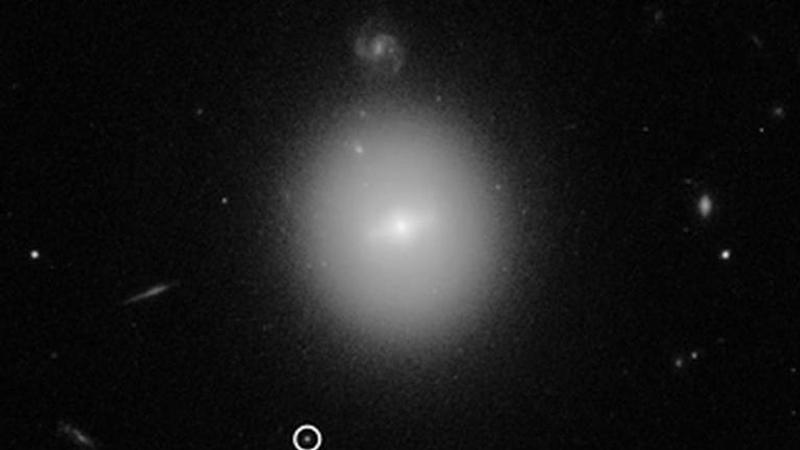Published 10:26 IST, April 2nd 2020
Black Hole of 'elusive' class discovered, scientists say it may be cosmic 'missing link'
In a recent discovery, scientists found what could be called the best evidence of an intermediate-mass black hole. It weighted 50,000 times the mass of our Sun

In a recent discovery, scientists found what could be called the best evidence of an intermediate-mass black hole. The black hole was of an elusive class known as "intermediate-mass" and betrayed its existence by tearing apart a wayward star that passed too close. According to reports, it was discovered using the combined power of two X-ray observatories along with NASA’s Hubble Space Telescope.
Intermediate-mass black holes
According to reports, the newly discovered black hole weighs about 50,000 times the mass of our Sun but weighs smaller than the supermassive black holes that lie at the cores of large galaxies. However, it is larger than the stellar-mass black holes formed by the collapse of a massive star and therefore qualifies as an intermediate-mass black hole.
Talking about these kinds of black holes, NASA on its website wrote,
“These so-called intermediate-mass black holes (IMBHs) are a long-sought "missing link" in black hole evolution. Though there have been a few other IMBH candidates, researchers consider these new observations the strongest evidence yet for mid-sized black holes in the universe.”
Dacheng Lin, from the University of New Hampshire in Durham, US, who led the study reportedly said that Intermediate-mass black holes are very elusive objects, and so it is critical to carefully consider and rule out alternative explanations for each candidate, "That is what Hubble has allowed us to do for our candidate," he said.
What is a black hole?
NASA describes a black hole as a place in space where gravity pulls so much that even light can not get out. The gravity inside a black hole is so strong because of the large amount of matter squeezed into a small space. It could happen when a star dying. Black Holes are invisible as people cannot see them however, telescopes with special tools can see them.
Image Credits: NASA
Updated 10:16 IST, April 2nd 2020



